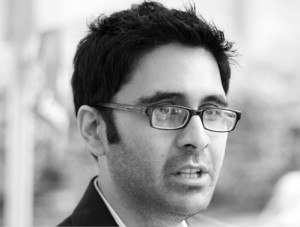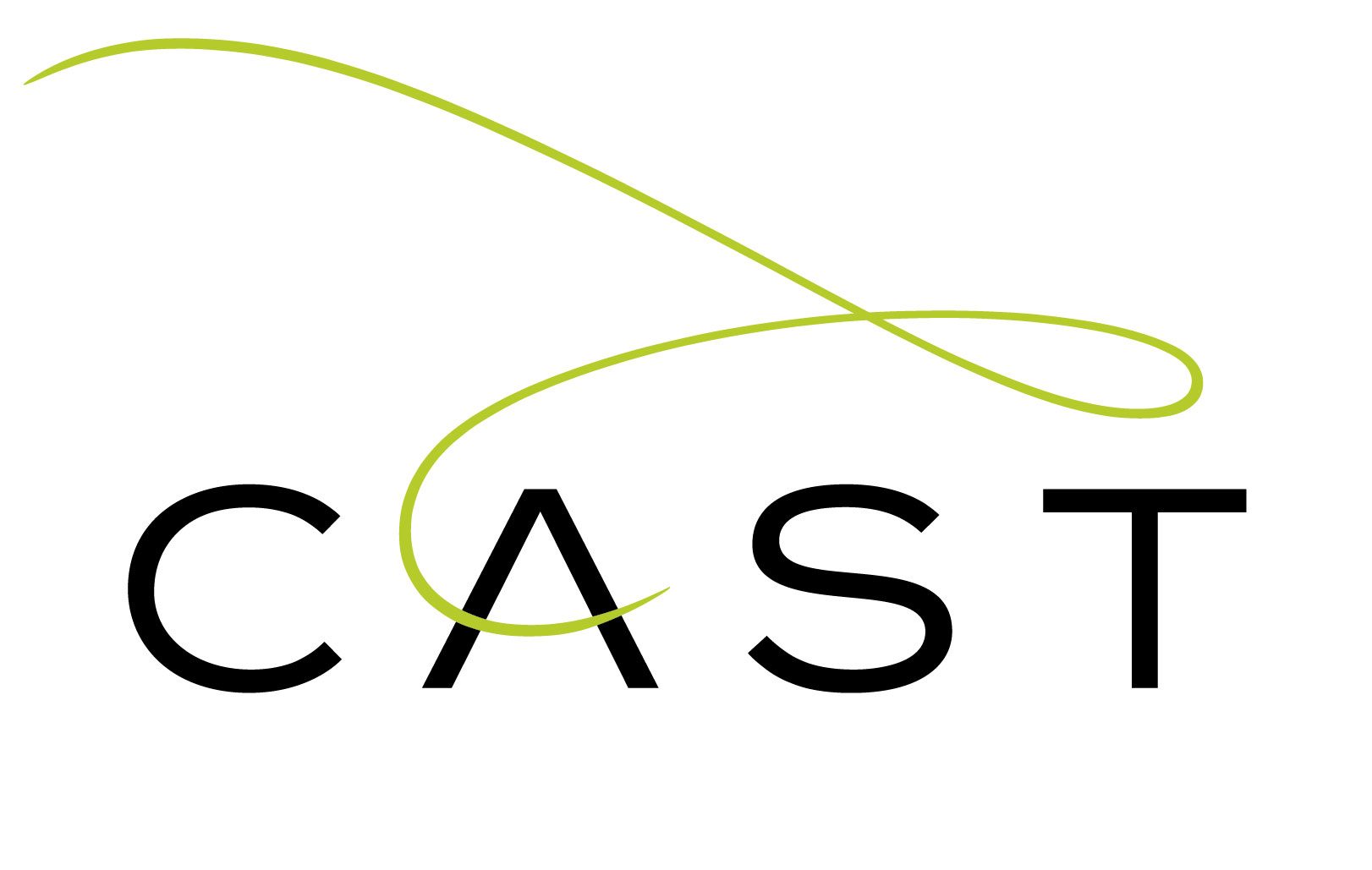 My favorite tweeter these days is Umair Haque, an economist of all things, who also writes a blog over at Harvard Business Review.
My favorite tweeter these days is Umair Haque, an economist of all things, who also writes a blog over at Harvard Business Review.
Haque is in the middle of a year-long exploration of the evolution of capitalism. A sampling of recent tweets provides a small glimpse into the broader thinking under development at Haque’s company, Havas Media Lab:
Management’s sharpest tools used to be control, calculation, and predictability. Today, they’re empathy, intuition, and surprise.
The question the Great Stagnation asks isn’t if we can innovate products, services, and businesses. It’s if we can innovate our values.
If we often feel empty, it’s because we’re taught that grabbing the carrot or avoiding the stick are success. They’re not. Significance is.
The real deficit? we thought purpose, meaning, passion, care, integrity had no value. we’re learning the hard way: they’re value’s bedrock.
Prosperity isn’t consuming more trinkets, cheaper. It’s producing more of what’s priceless: passion, purpose, care, love, beauty, trust.
These are transformational ideas… the elevation of “soft stuff” — purpose, values, significance, love — to the same level as the “hard stuff” — profit, value, risk, ROI.
When I talk about things like the power of story, engaging employees, and understanding your business narrative, some people get very excited.
Others roll their eyes, dismiss the thinking, check out of the conversation.
Fine. Some companies understand employee communication as a necessary function of the corporate bureaucracy, while others see it as a human commitment that invites people into a shared story, asking, “How do you want to be a part of what we are building together?”
One of those lines of thinking thrived for decades, though arguably at the expense of employee well-being, and most certainly under the rules of a different economy.
Right now, in every employee interaction, you’re placing bets on which rules will rule the future. Where are putting your money?
